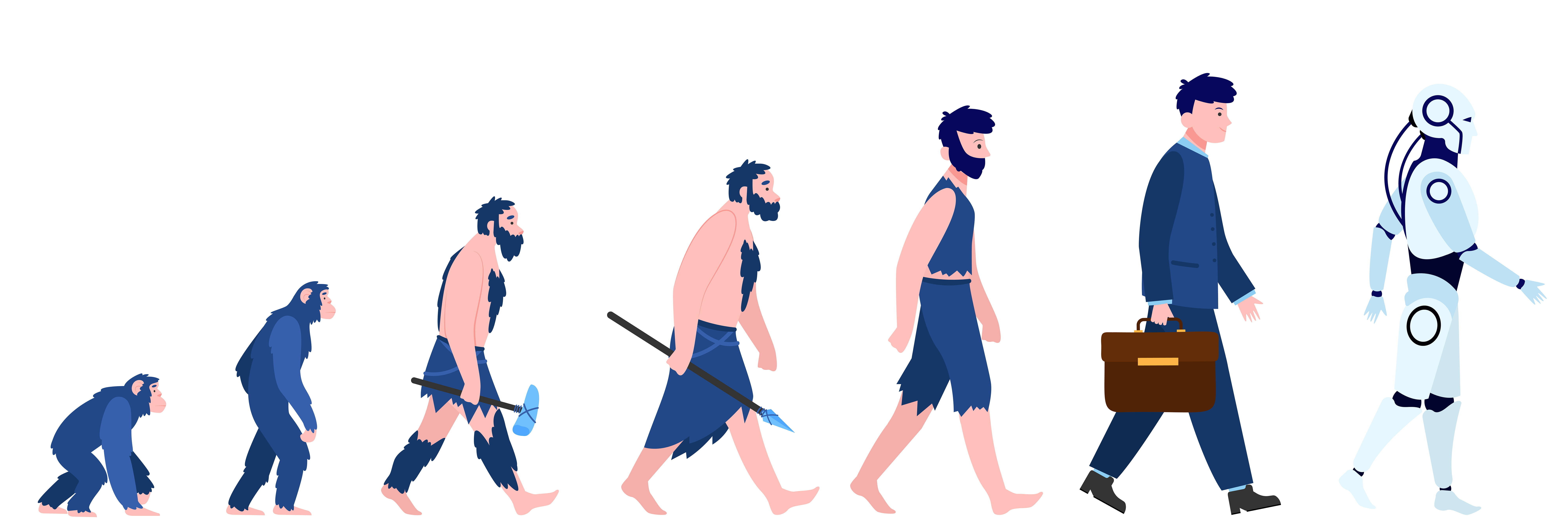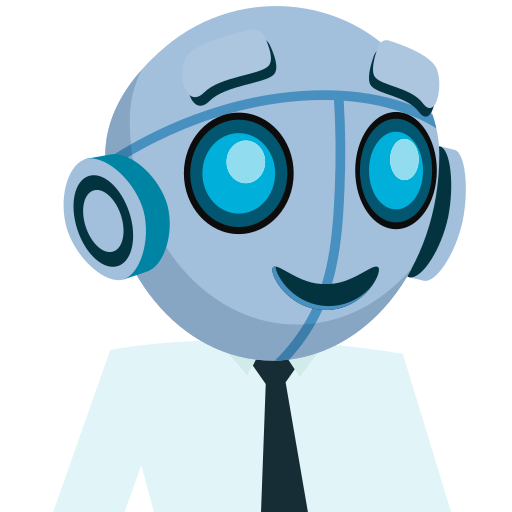5 Reasons People Are Working For DAOs

Why People Are Working for Autonomous Organizations
With each passing day, the evolution of certain modern technologies gets a step closer to easing the complexities of everyday life. The advent of blockchain technology is one of such. With remarkable breakthroughs frequently recorded, the industry is spreading fluttering wings to the relevant aspects of our existence, and even gradually displacing age-long methods.
Decentralized Autonomous Organizations “DAO” is recreating the structure of operation for companies by the distribution of administrative powers to the workforce. Essentially, it is a revolutionary aspect of the blockchain that uproots the administrative hierarchy in organizations and spreads it to a functional team.
As the world inclines to the adoption of Web.3.0 and witnesses the increased acceptance of Decentralized Finance (DeFI), it’d be a realistic assumption to say that DAOs would become the organizational standard of operation globally. A system that discourages the centralization of authority and destroys the “boss propensity” to install you as a key contributor to the administration of the business.
A Glimpse into the Operation of DAOs
Traditional organizations run a pecking order system. The decision-making process is only deliberated and issued by the highest members in the hierarchy called the board of directors. The rest of the team is compelled to follow the enforced standards and remain under the surveillance of the executives.
Decentralized Autonomous Organisation is a digital framework that opposes the traditional organizational arrangement. It operates on the blockchain and facilitates its operations from preset instructions encoded to smart contracts. Therefore, the system can run automatically without requiring further manual input or management.
Power is distributed via a consensus and similar to shareholders in a traditional scenario, token holders in autonomous organizations vote in for changes and always have a say on how the organization is run. In other words, even though no one is the boss, the organization maintains some good attributes of centralized systems like value-based management.
Reasons Why People Should Work for DAOs
As you’d agree, the overall picture of opting for a Decentralized Autonomous Organization is quite optimistic. Its advantages might trail a long list and since the adoption is yet to gain widespread implementation, a lot more benefits could be in the line for it.
For all we know, team members all over the world would appreciate a structure that would be convenient to have their ideas heard and deliberated upon by all other members and not just a bunch of executives.
Here are a few interesting reasons why you should consider working for a Decentralized Autonomous Organization.
Collaborative Governance
Unlike the traditional structure, autonomous organizations have team members pool together to offer diverse insights that would enhance their general overview. Everyone in the team owns a voice and should be paid attention to.
The collated ideas are voted on by the team who are also token holders and a consensus is implemented. Access to diverse opinions from knowledgeable sources ensures that the organization makes good decisions and enables the experts to invest in the ecosystem that they believe in.
Organizational Transparency
Decentralized Autonomous Organizations leverage on an open-source protocol, this means that it has a transparent outlook that anyone can access. The process of actions taken on the platform like voting, funding, and priority distribution is made transparent.
The major reason that DAOs encourage such visibility is that everyone that participates in its governance is expected to have access to the details of its operations. This can help them judge the performance of the entity and decide whether or not to invest. Traditional organizations on the other hand would likely classify some information as “confidential” and would only release what they want to.
Automated Ledger Executions
An amazing feature that autonomous organizations offer is the automation of nearly all their essential and non-essential processes. DAOs integrate with smart contracts for different purposes and an organization can create one to execute orders based on historical data.
For instance, everyday tasks such as inventory can be managed by the blockchain ledger. Depending on historical operations, the smart contracts would perform the tasks of regular staff like the release of payments, scanning shipments, and keep track of inventory. In this way, operations become effective and labour is minimized.
Rewards in Tokenized Assets
Decentralized Autonomous Organizations facilitate their democratized governance with native tokens. Token holders are validators on the platform and actively participate in the governance.
Depending on the consented mechanism, they could be a periodic release of DAO tokens as rewards to investors. The value of these tokens increases as the network of the autonomous organization expands.
Liberty for Remote Operation
in contrast to most traditional entities, autonomous organizations can afford to have their members operating from remote locations. This is primarily because the pre-established system of operation encoded in smart contracts would ensure seamless management.
Aside from this, the smart contracts are equipped to execute operations without manual input and can further be developed to offer thoughtful initiatives too.
Conclusion
Technology is fast integrating with the social mainstream, giving mankind a shot at a more balanced organization of daily activities. The blockchain concept is evidence of technological advancements that advocate for decentralization in almost all spheres of life.
Decentralization is gradually seeping into the financial sector, the governmental structure, the entertainment industry, and the organizational setting. In essence, the limit that blockchain technology can go to dethrone the ranking system can only be envisioned in the mind.
Decentralized Autonomous Organizations, though not a popular initiative yet would soon lead the narrative in the global organizational framework. Since it offers a super-fast system that is less expensive to handle and beneficial to finance in the long-term, massive application could be triggered.
However, it is noteworthy that as developing innovation, a couple of hitches might be recorded which is not alien to a conventional startup journey. Of course, early mishaps occurring in its implementation would be leveraged to make it less prone to further issues. The most important thing is that humans are advancing to a stage of endless possibilities and it’d be beneficial to have everyone on board in the joy ride to the moon.
